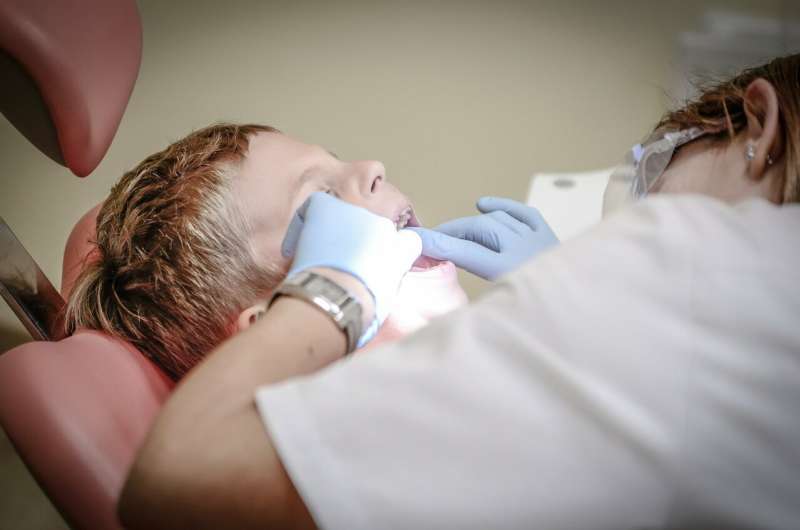Advancements in 3D Tumor Modeling for Colorectal Cancer Research

A new study from the Germans Trias i Pujol Research Institute advances 3D tumor spheroid models in colorectal cancer, improving research reproducibility and biological relevance.
Researchers at the Germans Trias i Pujol Research Institute have conducted a comprehensive study on three-dimensional (3D) culture techniques to generate multicellular tumor spheroids (MCTS) of colorectal cancer. Published in Scientific Reports, the study meticulously compares three common methods—liquid overlay, hanging drop, and U-bottom plates—using eight different colorectal cancer cell lines. The team examined various extracellular matrices, including Matrigel, collagen I, and methylcellulose, to determine their effects on spheroid formation.
The findings reveal that spheroid morphology and compactness are influenced by both the specific cell line and the culture conditions, emphasizing the importance of protocol standardization. Notably, the study introduces a fully characterized, compact SW48 model, which was previously considered non-spheroid-forming, demonstrating its potential for research. Additionally, the researchers demonstrated that treating standard plates with an anti-adherent solution allows for scalable, cost-effective spheroid production compared to commercial cell-repellent plates.
The study also highlights the significance of co-culturing with colonic fibroblasts, which enhances the biological relevance by better mimicking tumor-stroma interactions. Morphological differences observed between isogenic lines like DLD1/HCT8 and SW480/SW620 suggest underlying transcriptional or epigenetic factors influencing spheroid formation.
According to Dr. Sergio Alonso, the study represents months of optimization and systematic comparison, aiming to serve as a practical guide for other groups working with tumor models in vitro. The work paves the way for more standardized and robust preclinical studies in colorectal cancer research.
For more detailed information, the full study is available in Scientific Reports (2025). This research was conducted by the Cancer Genetics and Epigenetics group at the Germans Trias i Pujol Research Institute, emphasizing advancements in 3D tumor modeling with potential applications in drug testing and understanding tumor behavior.
Stay Updated with Mia's Feed
Get the latest health & wellness insights delivered straight to your inbox.
Related Articles
Measles Outbreak Expands Across 34 States, Focus Shifts to North Dakota
Measles cases are spreading across 34 states in the US, with North Dakota now experiencing the highest infection rate. Public health efforts focus on increasing vaccination and combating misinformation to curb the outbreak.
Investigating the Impact of Bee Venom on Blood Vessel Functionality
Research reveals that bee venom affects blood vessel function, highlighting its toxic effects and potential for vascular disease therapies. Explore the latest findings from UAB scientists.
Brain Insulin Resistance as a Possible Link Between Alzheimer's Disease and Epilepsy
Emerging research reveals that insulin resistance in the brain may be a critical factor connecting Alzheimer's disease and epilepsy, opening new avenues for treatment approaches targeting metabolic pathways.
Enhancing Pediatric Dental Health: Widespread Adoption of Fluoride Varnish Through Quality Improvement Initiatives
A comprehensive quality improvement initiative significantly increased the application of fluoride varnish in pediatric primary care, promising better oral health outcomes for children nationwide.



